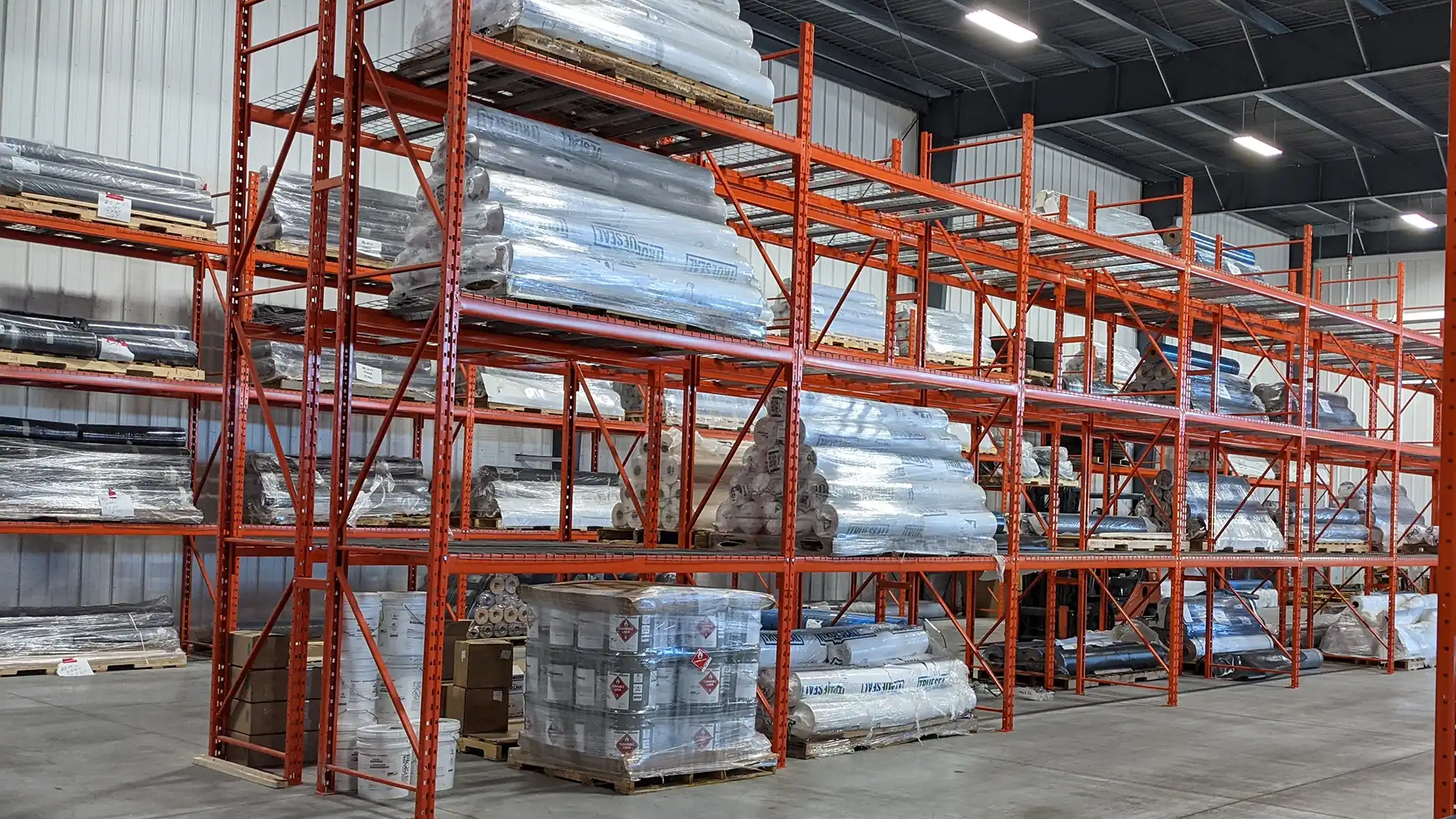Introduction
When it comes to commercial roofing, the material you choose can significantly impact the longevity, durability, and overall performance of your building’s roof. Selecting the right roofing material is a crucial decision for property owners and managers. Therefore, in this guide, we will provide an overview of various flat roofing materials, including EPDM, PVC, and modified bitumen, to help you make an informed decision for your commercial property.
EPDM Roofing
EPDM (Ethylene Propylene Diene Monomer) roofing is a popular choice for flat commercial roofs due to its numerous advantages. This synthetic rubber roofing material offers exceptional durability and resistance to UV rays, weathering, and ozone. Here are some key benefits of EPDM roofing:
- Excellent weather resistance
- Long lifespan (typically 20-30 years)
- Minimal maintenance requirements
- Cost-effective installation
- Good insulation properties
EPDM is known for its flexibility, making it an ideal choice for buildings with irregular roof shapes. Additionaly, it is available in both black and white, which can help control building temperature and reduce energy costs.
PVC Roofing
PVC (Polyvinyl Chloride) roofing is another viable option for commercial flat roofs. It is a thermoplastic membrane that offers several benefits, making it a popular choice for commercial properties:
- Strong resistance to chemicals, grease, and oil
- Exceptional durability and longevity (up to 30-35 years)
- Reflective and energy-efficient (reduces cooling costs)
- Low maintenance requirements
PVC roofing is highly customizable, available in various colors, and can be installed as a mechanically fastened or fully adhered system. Also, Its energy efficiency and resistance to chemicals make it suitable for restaurants, industrial facilities, and buildings with heavy rooftop equipment.
Modified Bitumen Roofing
Modified bitumen roofing is a time-tested and versatile option for flat commercial roofs. It is an asphalt-based material that has been modified with polymer additives for enhanced performance. Some key advantages of modified bitumen roofing include:
- Excellent waterproofing properties
- Resistance to UV rays and weathering
- Durability and longevity (typically 15-20 years)
- Easy maintenance and repairs
In addition, Modified bitumen roofing uses different methods to install, including torch-applied, hot-mopped, and cold-applied. This versatility allows it to adapt to various commercial roofing requirements, making it a cost-effective choice for many property owners.
Factors to Consider
When choosing the right roofing material for your commercial property, it’s essential to consider various factors, including:
- Budget: Determine your budget constraints and explore roofing options that align with your financial resources.
- Climate: Consider your location and the specific weather conditions your roof will face. Some materials suits better for extreme heat, while others perform well in cold climates.
- Energy Efficiency: Choose a roofing material that can help reduce energy costs through reflective or insulating properties.
- Longevity: Evaluate the expected lifespan of the roofing material to assess its long-term cost-effectiveness.
- Maintenance: Consider the maintenance requirements and ongoing costs associated with each roofing material.
Conclusion
Selecting the right roofing material for your commercial property is a significant decision that should not be taken lightly. Given these points, EPDM, PVC, and modified bitumen are all excellent options for flat roofs, each with its unique benefits. By considering your budget, climate, energy efficiency, longevity, and maintenance requirements, you can make an informed choice that ensures the protection and performance of your commercial property for years to come. We highly recommend consulting with a professional roofing contractor if you’re unsure which roofing material is best for your specific needs.




